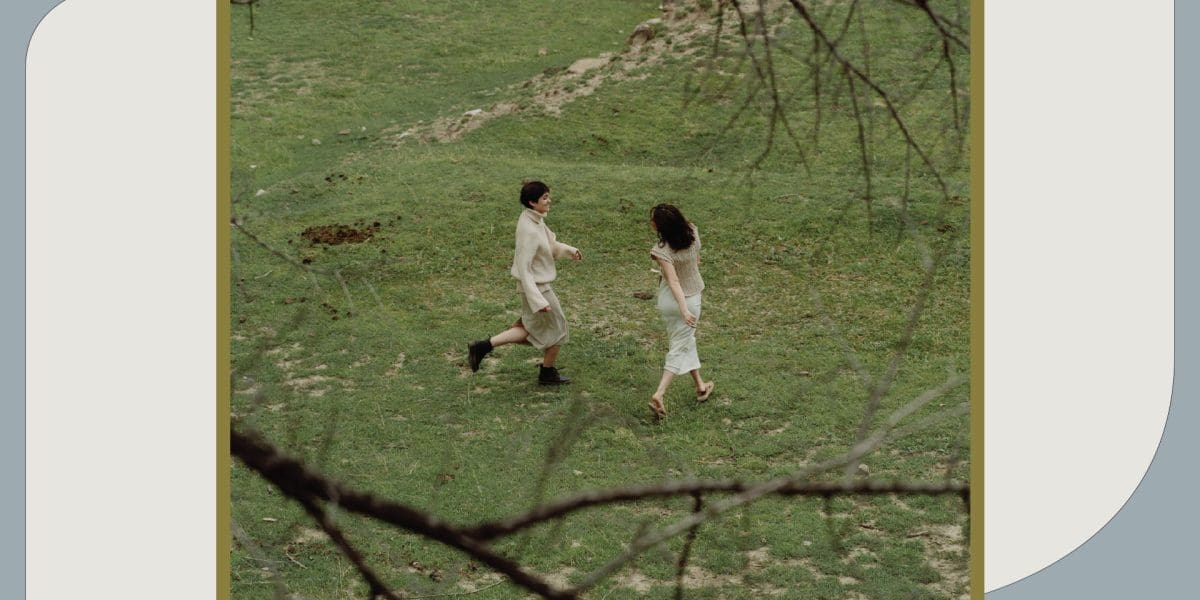Looking Better From The Inside Out
Everyone wants to look better, feel better and age well. This means being able to do what you want, not getting sick, being able to work, and making plans that you know you will be able to carry out.
I have always said, “I have never seen anybody who is sick or stressed look good.” And I keep saying that because I know that internal health is a good way of optimising external health as well.
Looking after internal health is also going to help prevent the health challenges that many people face as they age, including obesity, heart disease, diabetes, cancer, dementia and frailty. You see, as you get older, you start to lose some of your nutrients to start with and stress can deplete them further. Then you start to lose hormones from 35 or thereabouts, and then with all of this depletion, people can start to get chronic disease, lose muscle and start to have poor quality of life. Well, we don’t want this! And it affects your appearance.
Everybody wants healthy youthful skin because it helps self-esteem and confidence, and helps you in your daily life and your work. Skin ageing is associated with a deteriorated appearance of the skin, which includes pigmentation, red veins and blotchiness. The good news is that tackling internal health can help.
The contributors to skin ageing are things that you cannot do anything about like time, genes, skin type, and sometimes stress – these are called intrinsic causes of skin ageing. The extrinsic causes or external factors that influence skin ageing are things that you can do something about, and they include smoking, sun exposure, your occupation and any environmental exposure. Sometimes this can be drugs and definitely, this can always be influenced by exercise, hormones, diet and nutrition.
As the skin ages, it becomes dry and there is reduced immunity of the skin – this means that skin cancers can occur more easily. If the nutrients are poor, there is slow wound healing. There is reduced protection against UV rays, discolouration and veins.
As well as that, the grape-shaped plump face as it ages starts to become more like a triangle with the square shape at the bottom. Crow’s feet start, the eyebrows start to drop. The line running from the corner of the nose to the mouth starts to become more obvious. There is a progressive loss of skin and muscle tone, along with drooping of the lower cheek region and development of the jowls. The cheeks start to cave in and wrinkles begin to form, along with discolouration.

The good news is that this can be slowed down by using my top tips to prevent and reverse skin ageing.
The first tip is don’t smoke and avoid excessive alcohol. Both of these, but particularly smoking, deprive the body of very important antioxidants that are important for the skin and the rest of the body. Smoking causes premature wrinkling around the mouth and this wrinkling increases with the number of pack-years of smoking. If you combine this with excessive sun exposure, the effect is multiplied.
Restore sleep. This is important because sleeping the right amount at the right time, gives you adequate melatonin, which is a powerful antioxidant. Not only is Melatonin a sleep restorer, but it prevents heart disease, dementia and protects the brain, as well as preventing cancer and extending your life. These days, we have a lot of blue light exposure in the evenings from TV and devices, and this robs us of melatonin. Solutions to this are to avoid devices and go to bed earlier, and be in bed and asleep by 10:30 pm. You can download F.lux onto your devices, which starts to take the blue light out of your device at sunset. You can also wear blue-blocking glasses, which really work. You can take Melatonin.
The ideal diet for reversing skin ageing has been proven scientifically to be a highly plant-based diet along with soy (if not allergic) and green tea. This combination of food can be like a Mediterranean diet, with the additional soy and green tea, and gives you the equivalent of SPF4 from inside in terms of sunlight protection.
Exercise oxygenates the body and the skin. This also helps with stress reduction. You can also use meditation, yoga and relaxation techniques that can help you with stress management. Also, think about the way you think. Identify when you are being negative and catastrophising, and replace these thoughts with practical solutions to the things that worry you.
It is important to correct nutritional deficiency because the skin, as well as the rest of the body, relies on many, many nutrients. A lot of this can be done with your family doctor by testing vitamins D, zinc, iron, B12 and folic acid. These can then be corrected.
Specific supplementation can be given to help support a good diet because after all, who has the perfect diet all of the time? This specific supplementation would include a good multivitamin, vitamin C and fish oil (check with your doctor). After that, decide whether you need magnesium – do you have ringing in the ears, twitching eyes or leg cramp? Also, check if you need zinc – this can be tested by blood or by doing a “zinc taste test”, which is not as accurate. Testing for vitamin D is not popular, however, you can decide to pay for the test yourself – aim for an optimal range of 120-150.

Hormone deficiency correction can also be useful. As a person ages, they start to lose their cortisol, especially if they are very stressed, and this, in turn, drains progesterone in both men and women. After that, it can drain other important hormones for quality of life, including in women oestrogen (which is responsible for the upper lip lines as women age), and testosterone in men.
On top of that, you would reduce environmental chemical and radiation exposure including UV light. Look at your environment. Have a look at what products you are using around the house and go eco-friendly. What are you putting inside your body? There is probably no choice but to afford organic foods because scientific studies have shown that within a week, your pesticide residues will be reduced significantly.
Then look at good quality skincare, starting with sunblock in the morning, as well as vitamin C serum and possibly hyaluronic acid products to hydrate your skin if you are over 40. It is important to look at the active ingredients in skincare to see that you are getting good active products that are going to work for you. In the evening, use a vitamin A product that you can mix with your night cream.
Finally, in the clinics are available numerous cosmetic treatments that are designed for different applications. Specific facials are designed to unblock the pores, peel off excessive debris from the skin and pump in nourishment to help the skin. Some laser and light-based therapies are designed to get rid of surface pigmentation, veins and blood vessels, wrinkles and even tighten the skin. Attending to your trusted cosmetic clinic supplier, preferably backed by a medical doctor, or even better, finding an holistic doctor who also does cosmetic medicine, will offer skin health solutions that are validated by science.
Dr. Frances Pitsilis is New Zealand’s Doctor of good health. At her clinic on the North Shore of Auckland, she practices Holistic Medical and Cosmetic Medicine to blend traditional with Complementary and Alternative Medicine. drfrances.co.nz skinfresh.co.nz
